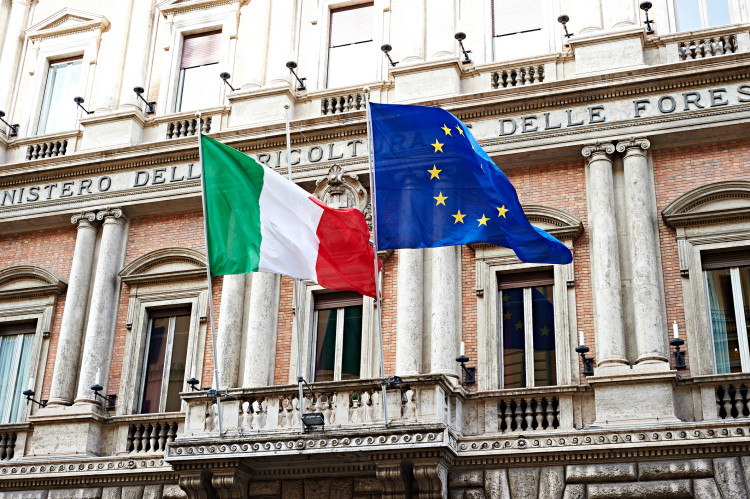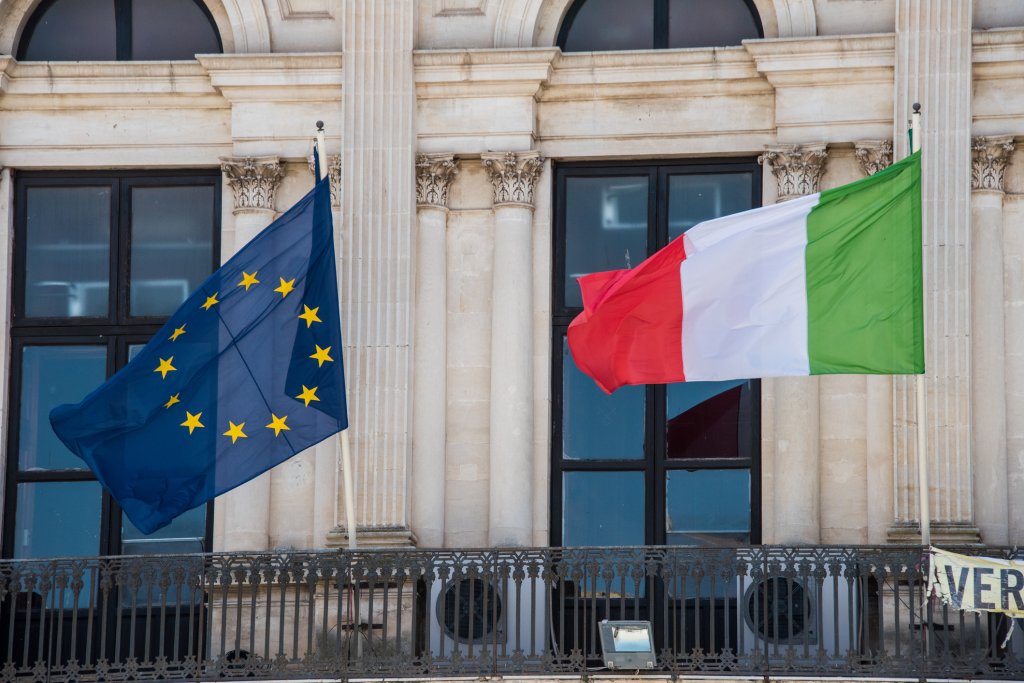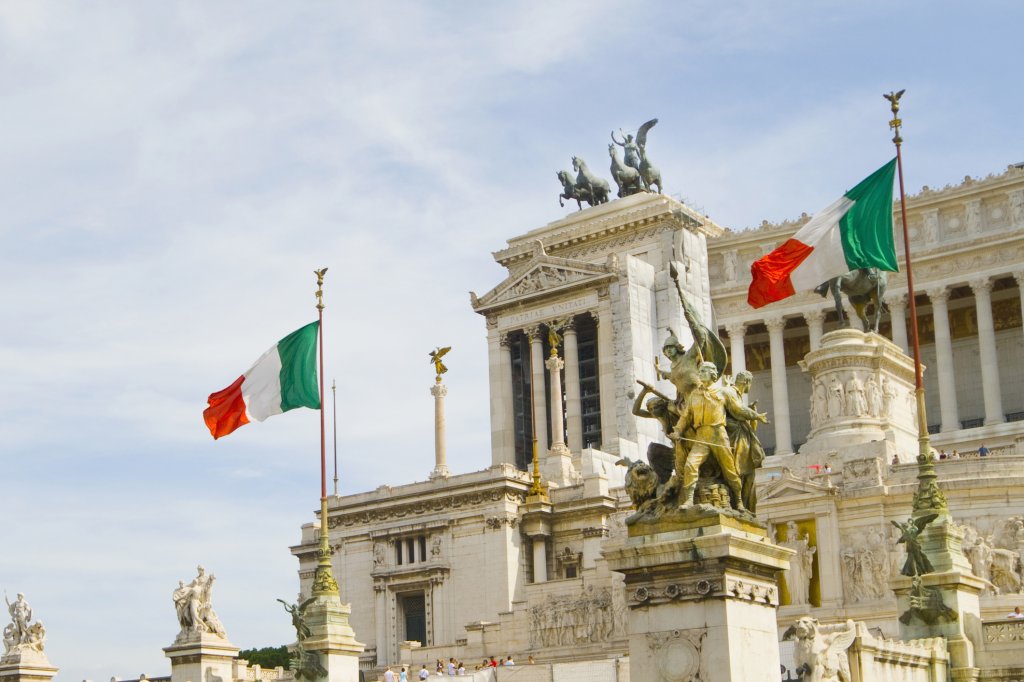On 25 September, Italians voted for the election of a new government, following Mario Draghi’s resignation in July. The elections turnout was just around 64 percent, down from 73 percent at the previous election in 2018.
The outcome confirms what analysts had predicted in the past weeks as a large victory for the centre-right coalition, led by the right-wing conservative party Brothers of Italy. With approximately 44 per cent against the centre-left’s 26 per cent, the centre-right coalition’s vote share is sufficient to control both Houses of Parliament.
Often accused of having fascist ties, Brothers of Italy’s leader, Giorgia Meloni, is widely designated to become the first female prime minister.
What should we expect?
The centre-right will take control at a critical time for the EU’s third-biggest economy. Some may argue that Meloni could bring an unruly voice to Brussels. Her agenda is considered by many as nationalist and protectionist, combined with strong position on migration, abortion, drug liberalisation, and a well-established (although recently softened) Euroscepticism. Normalisation of identity politics will delve Italy, and perhaps Europe, into a more fractious state.
With a significant majority, the Meloni-led coalition is believed to be able to govern in a more stable manner than her recent predecessors. The centre-left, along with other (less impactful) centrist forces, will try to maintain a solid opposition, said to be more important than ever to counter-balance the leading government forces.
What does this outcome tell us about the country’s future and its role in Europe and internationally?
We can expect a likely strong nationalist approach towards economic and industrial policies. Their emphasis on upholding “national interests’’ and the ‘’Made in Italy’’ raises doubts on the openness the coalition would demonstrate vis-à-vis foreign companies.
The reduction of the tax burden and better access to financing for businesses is also expected from the new government. Meloni also plans to extend to 2023 existing tax breaks for workers set to expire this year. This, according to some, risks inflating Italy’s already large debt.
On the environment and energy front, Italy will be looking at softening energy costs. Frictions may occur within the centre-right coalition, where diverging opinions exist. So far, Meloni rejected fellow leaders’ calls for significant government spending to directly support citizens pay their utility bills.
Brothers of Italy have long held Eurosceptic views. While it is concerning of increasingly nationalistic governments being elected across Europe, Meloni softening her rhetoric over last few weeks is a glimmer of hope, as her election platform commits the party to European integration. What remains, however, is a strong call to protect national interests, and a long-standing “friendship” with Hungary and Poland.
Confrontation with Brussels will likely occur over fiscality, the Recovery Plan and the protection of national sovereignty. Concerns exist on whether Italy will turn back on key liberalizing reforms, e.g., open up closed sectors (including, taxi drivers, and tourist beach concessions), which were requested by Brussels to be granted the EU’s post-pandemic relief package.
We anticipate Meloni will try to further improve the perception of her party as a constructive partner to EU and Western allies. Her commitment to “Europe, the Atlantic Alliance and the West” could mean that Italy will unlikely behave as an outlier in the EU foreign policy, also avoiding harmful internal fragmentation in the trans-Atlantic Alliance.
While the next government is not expected to be installed before the end of October, talks behind the scenes have started to pick the new (ministerial) nominees and fine-tune the national work program. More to come in the coming weeks.











